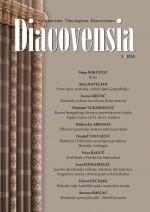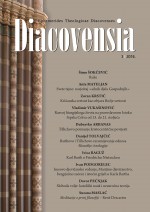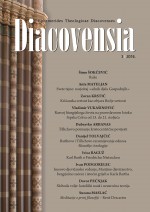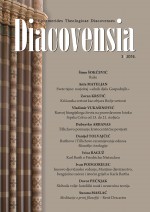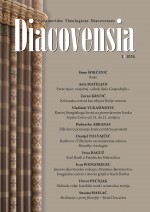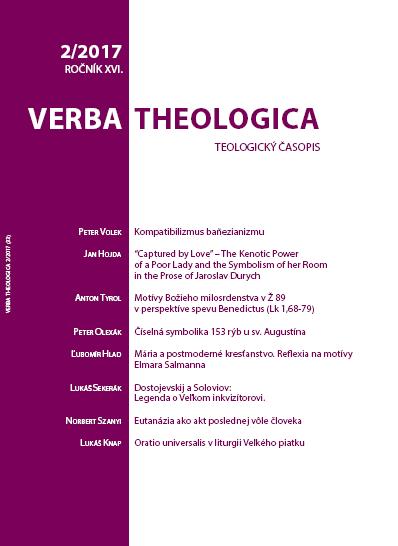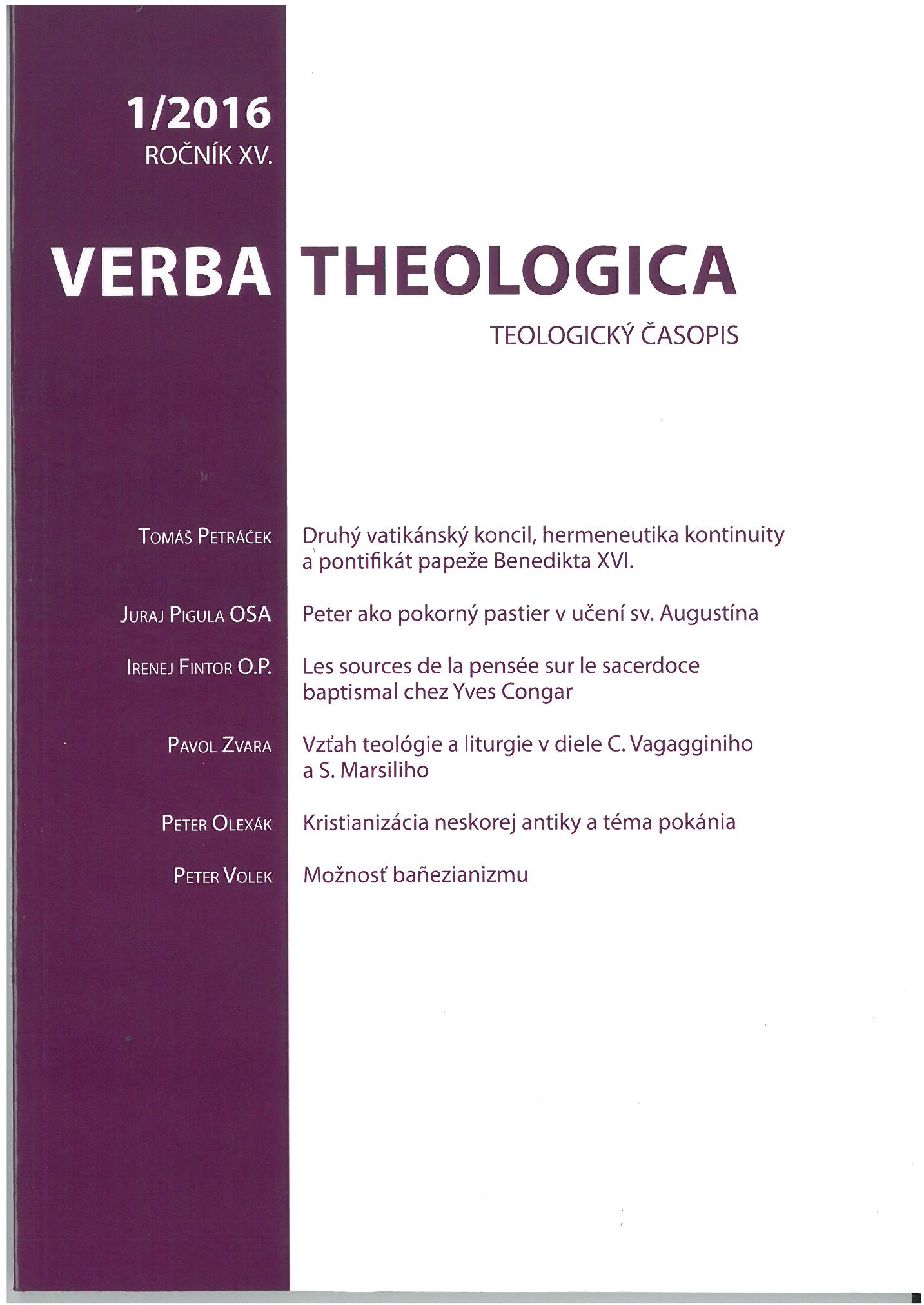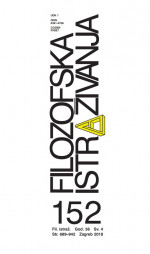Uzvišeni Bog u filozofiji Mulla Sadre
This paper aims to present the main features of Mulla Sadra’s philosophical thinking about and understanding God, His oneness and attributes. According to the main idea, the whole paper has been divided into parts which treat these issues separately. In the first part, the author briefly considers the proofs of God’s existence given by Ibn Sina and al-Farabi, offering a short historical review of the development of thought on this issue, whereupon he discusses the ultimate reach of Mulla Sadra’s philosophy about the proof of God’s existence, known as “the proof of the truthful”. Another innovative thought in the philosophy of Mulla Sadra is talking about the true real oneness of God, which had never been explained in such a way before him. In the remaining parts of the paper the author elaborates Mulla Sadra’s views about God’s preeternity and eternity, God’s names and attributes, with a special focus on God’s attribute of creating and the position of the Creation during the creating and at the end of it.The paper presents the greatness of Mulla Sadra’s philosophical thought and his contribution to the field of knowledge of God the Exalted, whereby it is written in a concise manner and, more importantly, in simple language.
More...
